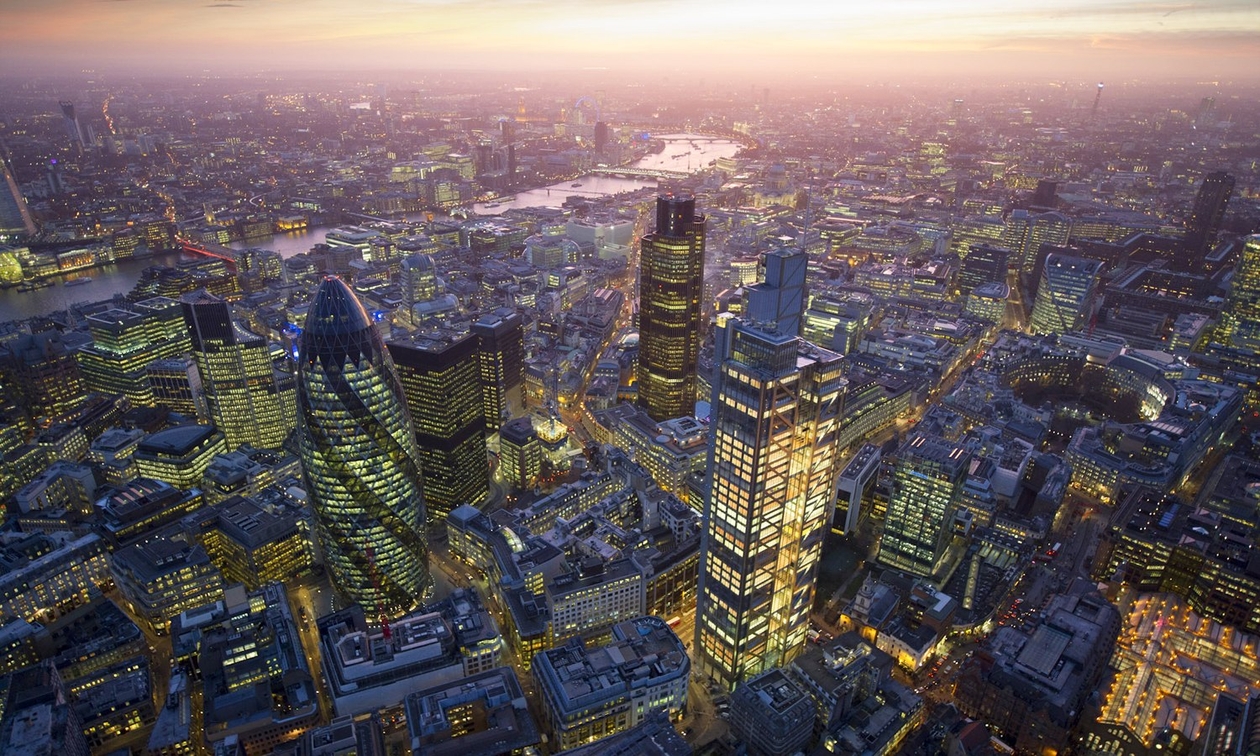Smart cities – powered by renewable energy
‘Smart city’ is a term which has created a lot of buzz recently, and has been embraced by the media and governments alike. Technologists are excited about the lives we could live in the connected urban metropolises of the future. But underpinning this is the opportunity for us to redesign our cities in a way that not only streamlines everything from transport to healthcare, but which also allow us to power them forward with sustainability initiatives. Renewable energy technologies should be at the forefront of smart city development, in order to create a more efficient economy for the low-carbon future. And with UN figures showing that world’s urban population is expected to surpass 6 billion by 2045, bringing with it the risk of overpopulation as well as dangerous levels of pollution and congestion, this is an enormous opportunity for policy makers, investors and innovators to transform our cities now.
Some cities have already embraced clean energy sources such as solar parks and wind turbines to become truly ‘smart’. For instance, Dubai plans to have solar panels on every rooftop by 2030, which will help to power buildings as well as a network of electric car charging stations. The cities’ authorities will be able to monitor electricity usage and generation in real time through smart meters, and so will be able to anticipate highs and lows in consumption, in order to manage reserves.
These kind of measures are also important because when it comes to climate change, cities are on the front line and will be the worst affected places by temperature rise. Climate Central, an independent organisation of leading scientists and journalists, has predicted the displacement of over 760 million people from the world’s coastal cities if action against climate change is not taken. And as the Intergovernmental Panel on Climate Change’s (IPCC) 2014 Mitigation of Climate Change report indicated, cities consume somewhere between two-thirds and three-quarters of total global energy and generate 75 percent of global carbon emissions. Therefore, they have an undeniable role to play in helping to combat the negative effects of climate change.
We would like to see cities like London develop in a way that is both beneficial to the environment as well as its technological prowess. Other UK cities are already making moves: a new initiative was announced this year which aims to turn Exeter into a sustainable and connected city by developing new approaches to transport, energy and health improvement through the use of technology. The Exeter City Futures scheme is transforming Exeter into a leading smart city in the UK by harnessing innovative technology and data analytics, and others should look to follow its lead.
There’s no escaping the fact that increasing the amount of connectivity and technology in a city will also increase the amount of power it needs to run. By using renewable energy sources, cities cannot only reduce dependence on fossil fuels, but can ensure a reduction in carbon emissions in order to help mitigate the negative effects of climate change and agree the targets set at the Paris Climate Change Conference at the end of last year. Surely this is the ‘smartest’ solution of all?

